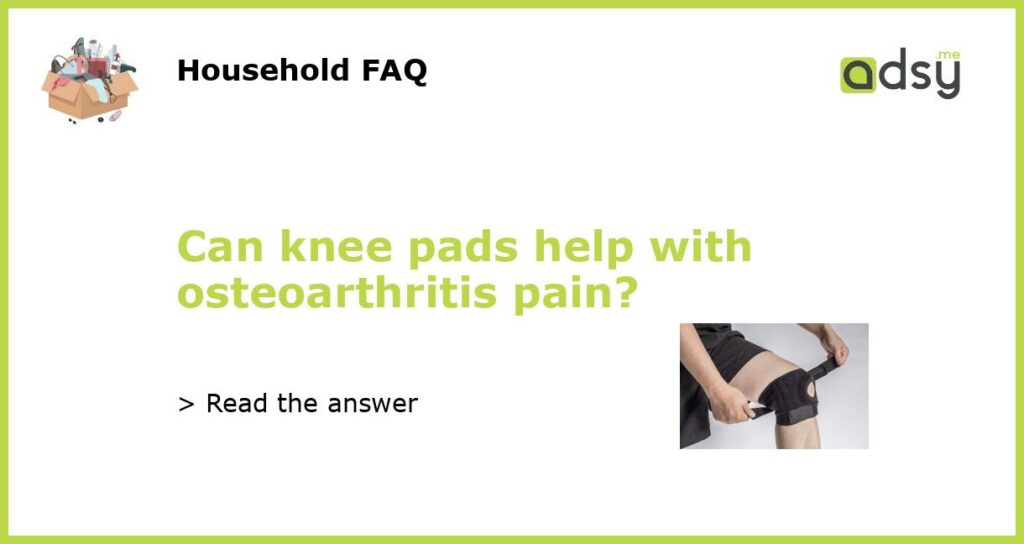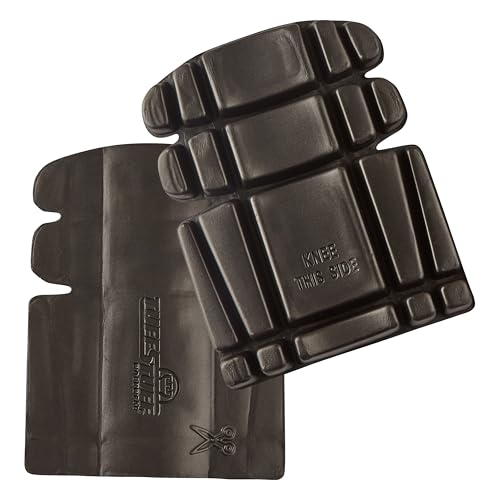Understanding Knee Osteoarthritis
Knee osteoarthritis (OA) is a progressive disease that affects millions of people worldwide, especially the elderly. This degenerative condition damages the cartilage that helps protect the joints, leading to pain, swelling, stiffness, and limited mobility. It can also cause bone spurs, inflammation, and tissue damage, among other complications.
Knee Pads and Osteoarthritis Pain Relief
Knee pads are a protective gear commonly used in sports like basketball, volleyball, skateboarding, and cycling. They are made of various materials like foam, neoprene, gel, and plastic, and are designed to cushion the knees from impacts and friction. However, some people with knee OA use knee pads as a way to alleviate their pain and improve their joint function. But does it really work?
The Pros and Cons of Using Knee Pads for Knee Osteoarthritis
The effectiveness of knee pads in reducing knee OA pain and symptoms is still unclear. Some studies suggest that knee pads may help to some extent, by absorbing shock and providing support to the joint. They may also reduce the risk of falls and injuries by improving balance and stability. However, other studies have found no significant benefits of knee pads for knee OA, or even negative effects, such as skin irritation, heat buildup, and decreased blood flow. Moreover, knee pads can be expensive, uncomfortable, and inconvenient to wear all the time.
Alternative Knee OA Pain Management Strategies
If knee pads are not the solution for your knee OA pain, there are other options you can try, such as:
- Low-impact exercise, like swimming, cycling, or walking
- Physical therapy, to strengthen your muscles and improve flexibility
- Weight management, to reduce the pressure on your knees
- Hot or cold therapy, to ease inflammation and stiffness
- Medications, like painkillers, nonsteroidal anti-inflammatory drugs (NSAIDs), or corticosteroids
- Surgery, in severe cases where other methods fail
Ask Your Doctor
While knee pads may be a helpful adjunct to your knee OA pain management plan, they are not a substitute for professional medical advice. If you have knee OA, it’s essential to consult your doctor or a qualified healthcare provider before trying any new treatment or exercise routine.






